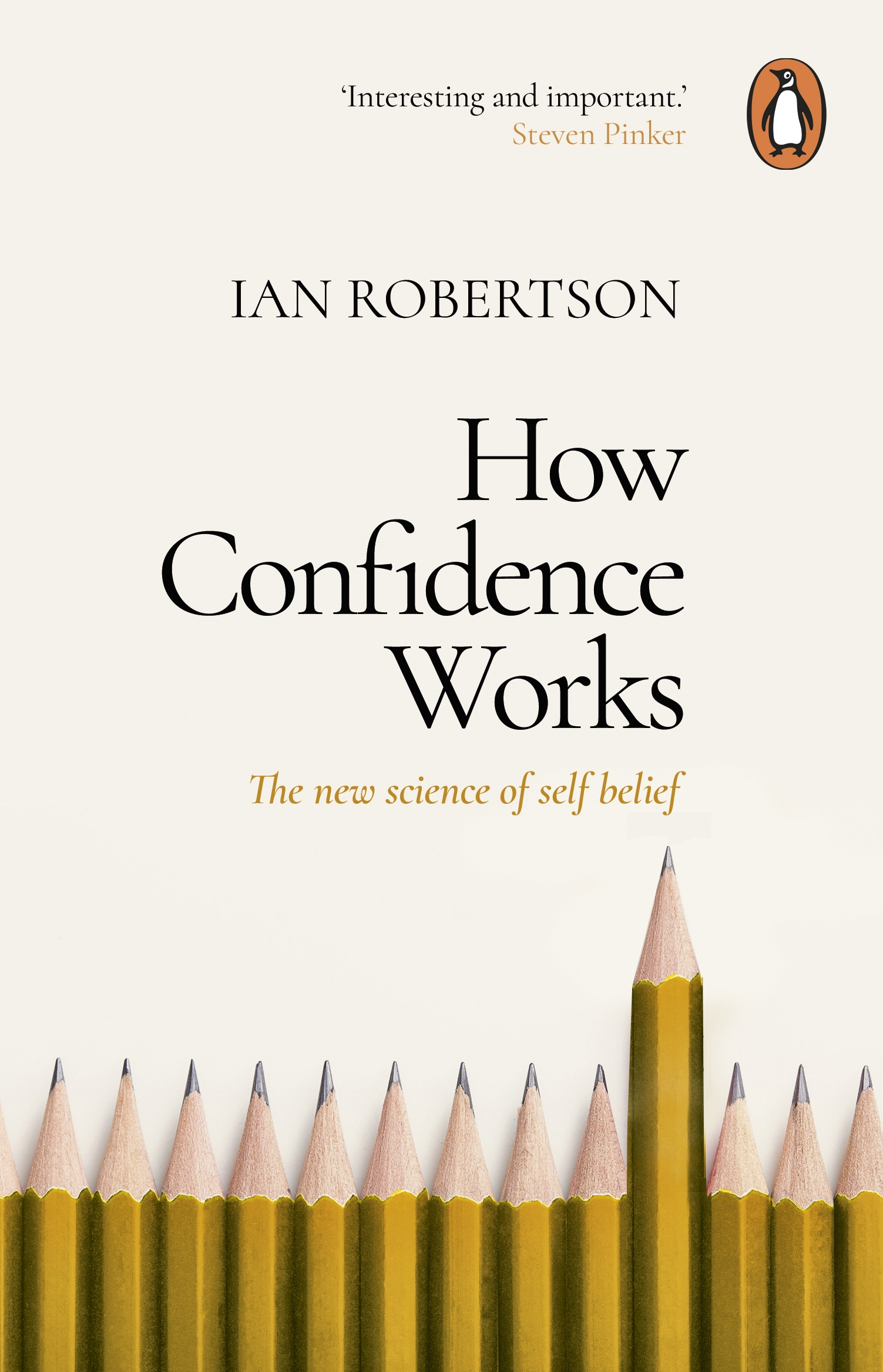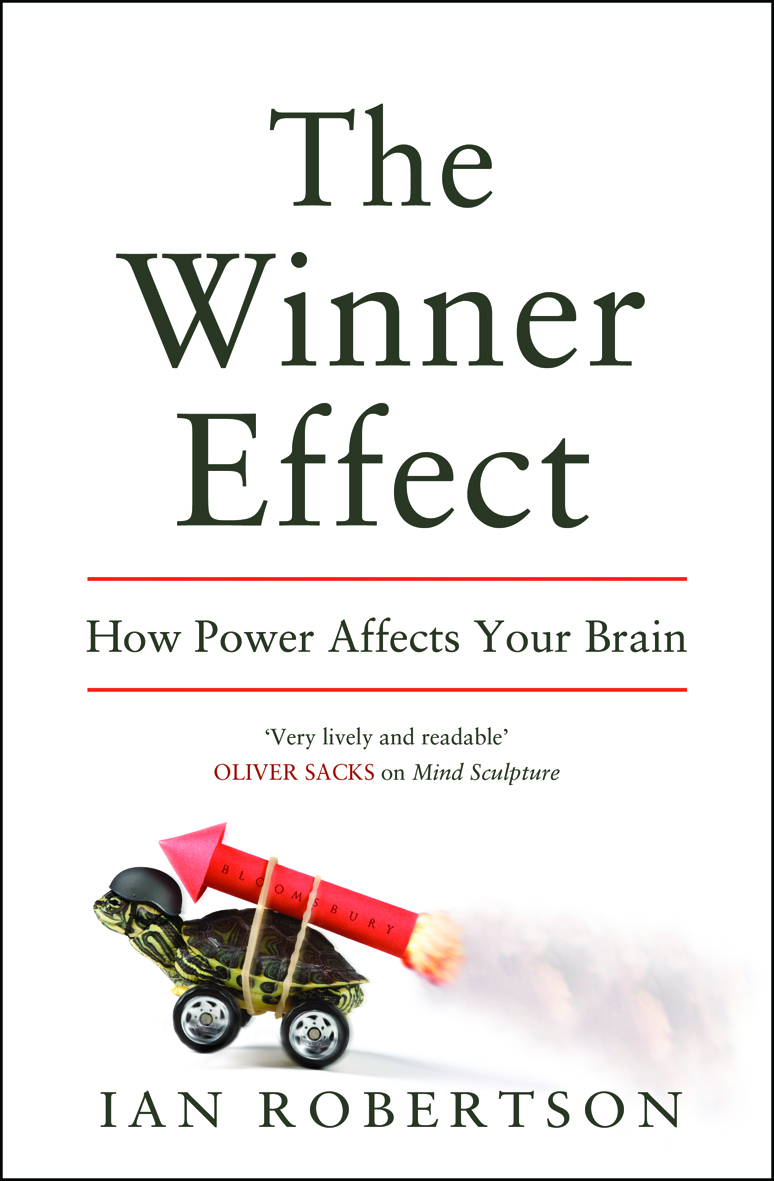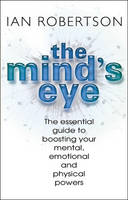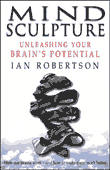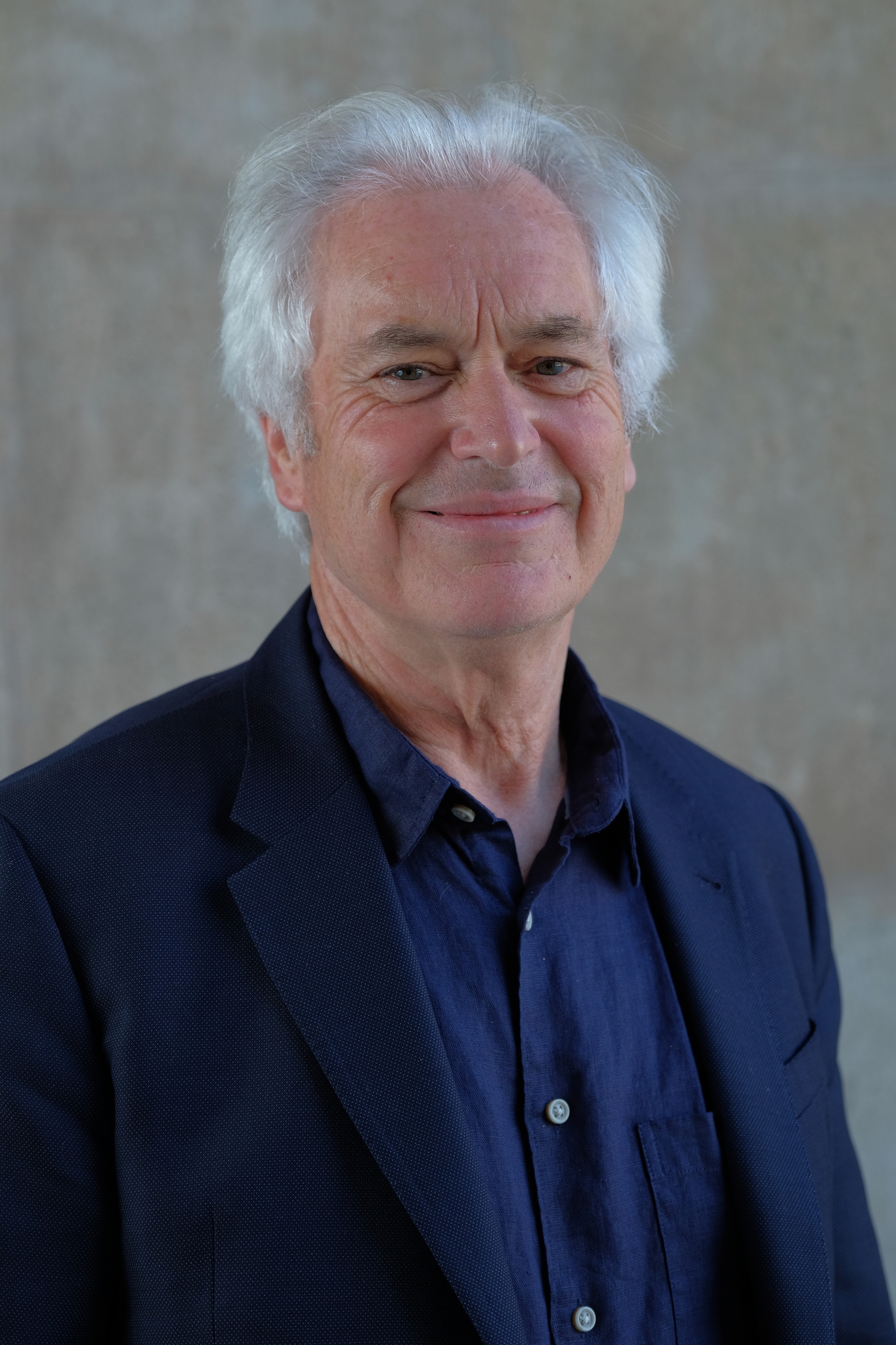Please click on the image to view details
How Confidence Works: The new science of self-belief
SKU: 978-1787633728
'A brilliant and thought-provoking book - it will change how you think about confidence'
Johann Hari, author of Lost Connections and Chasing the Scream
'There are some books that I have to replace regularly on my shelf because they are given away again and again at a moment of relevance for the athletes and leaders I work with. ‘How confidence works’ will undoubtedly be one of them. It is made for sharing - rich with stories and change-inspiring examples for every kind of performer.'
Pippa Grange, Psychologist to the England national soccer team.
'A revelatory and practical new exploration of the science of confidence, which is important for everyone but crucial for women.'
Mary Robinson, former President of Ireland
'Interesting and Important'
Steven Pinker, Harvard University, author of How the Mind Works and Rationality.
Listen to this BBC Radio 4 interview with me on Confidence and Pride
Why do boys instinctively talk bull more than girls? How do economic recessions shape a generation's confidence? Can we have too much confidence and, if so, what are the consequences? Imagine we could discover something that could make us richer, healthier, longer-living, smarter, kinder, happier, more motivated and more innovative.
Ridiculous, you might say... What is this elixir? Confidence. If you have confidence, it can empower you to reach heights you never thought possible. But if you don't, it can have a devastating effect on your future. Confidence lies at the core of what makes things happen.
Listen to me discussing the book with Hugo Rifkind on Times Radio ........ here
I discuss confidence - what it is and how it works, with Karl Henry below:
I had a great discussion about sex differences in confidence in this linkedin live discussion - the comments from people all over the world are fascinating. Below is a youtube version of the discussion without the comments.
What makes a confident leader? Listen to my podcast with the Association of Business Psychologists.
If your confidence is fading and you are feeling jaded or fatigued, you might find the tips I give in this interview helpful.
Probing the science and neuroscience behind confidence that has emerged over the last decade, clinical psychologist and neuroscientist Professor Ian Robertson tells us how confidence plays out in our minds, our brains and indeed our bodies. He explains where it comes from and how it spreads - with extraordinary economic and political consequences. And why it's not necessarily something you are born with, but something that can be learned
The Stress Test: how pressure can make you stronger and sharper
SKU: 978-1408860397
The Winner Effect: the neuroscience of success and failure
SKU: 978-1250001672
What makes a winner? Why do some succeed both in life and in business, and others fail? Why do a few individuals end up supremely powerful, while many remain powerless? And are men more likely to be power junkies than women?
The ‘winner effect’ is a term used in biology to describe how an animal that has won a few fights against weak opponents is much more likely to win later bouts against stronger contenders. As Ian Robertson reveals, it applies to humans, too. Success changes the chemistry of the brain, making you more focused, smarter, more confident and more aggressive. The effect is as strong as any drug. And the more you win, the more you will go on to win. But the downside is that winning can become physically addictive.
By understanding what the mental and physical changes are that take place in the brain of a ‘winner’, how they happen, and why they affect some people more than others, Robertson answers the question of why some people attain and then handle success better than others. He explains what makes a winner – or a loser – and how we can use the answers to these questions to understand better the behaviour of our business colleagues, employees, family and friends.
